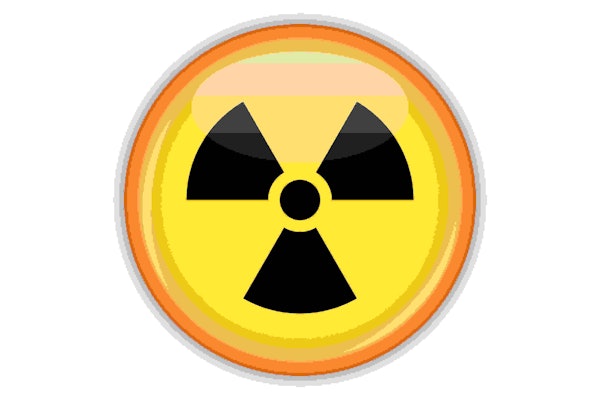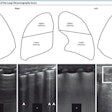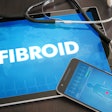More in Home
PET/CT predicts relapse in patients with ovarian cancer
February 24, 2025
1 in 20 women around the world diagnosed with breast cancer
February 24, 2025
PET/CT reveals new infections in ICU patients
February 21, 2025
T2-weighted MRI shows promise for body composition analysis
February 21, 2025
LUS reliable for care strategies in infants with RDS
February 20, 2025
PSMA-PET tracer performs well in clinical trial
February 20, 2025
CT best for diagnosing suspected wooden foreign objects in the eye
February 20, 2025
ACS: Fewer Black men are dying from cancer
February 20, 2025








![Delineation workflow: The various steps of the contouring process: (a) the nipple is manually annotated (b) a reference point is placed 30 mm behind the nipple (c) 10 random theta/displacement values are selected to obtain the central point of each ROI (d) Regions of interest are placed on the image. (e) The resulting 10 ROIs obtained for a representative subject (viewing window [0 10000]). Images are published under a Creative Commons license (CC BY-NC-ND 4.0).](https://img.auntminnie.com/files/base/smg/all/image/2025/02/1_s2.0_S1120179725000523_gr1_lrg.67bcbbc3ac5a9.png?auto=format%2Ccompress&fit=crop&h=112&q=70&w=112)










